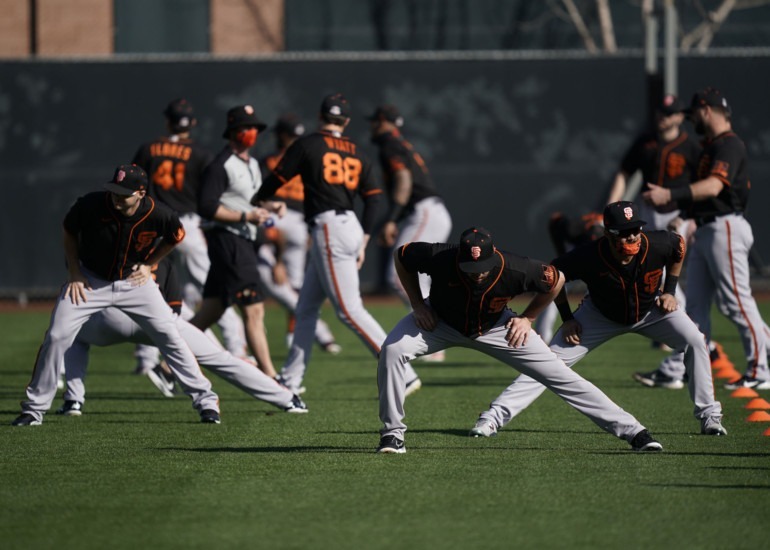How do you keep the best team in the league going strong? We think San Francisco Giants Director of Performance Nutrition Leron Sarig might just have the secret sauce. Sarig, who has a master’s degree in sports nutrition and is a registered dietitian and board-certified sports dietitian, has been with the team since 2018 and provides the players with three meals a day and snacks on game days — even on the road.
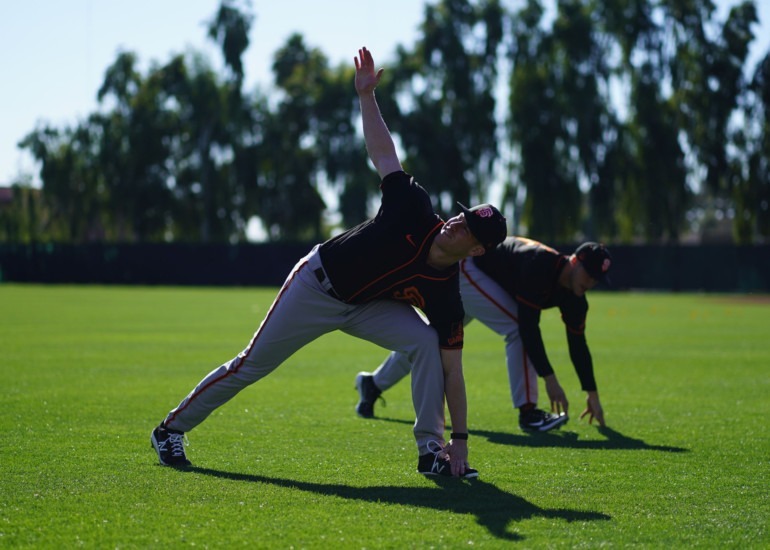
What’s on the menu? Protein, for one: Each meal typically has at least two choices, like chicken and steak. “Athletes have higher protein needs than the average population,” Sarig says. Rounding out the menu are a few carbohydrate options, like rice and potatoes; hot vegetables, such as broccoli or asparagus; and salad. The clubhouse also offers a variety of snacks, such as fruit, nuts, yogurt, avocados and granola bars, as well as nutritious beverages like cold-pressed juices and smoothies all prepared by an onsite team of clubhouse chefs. “A majority of the players eat at the clubhouse, especially because they’re at the ballpark for long periods of time on game days,” Sarig says.
Leron Sarig’s Top Performance-Enhancing Nutrition Tips for Athletes
Consume more protein.
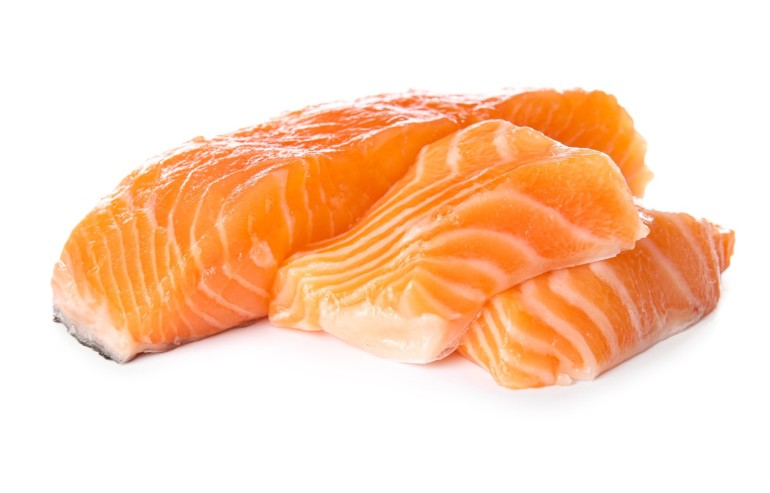
“The needs vary by sport, but typically strength-trained athletes need around 1.2–2 g/kg of their body weight of protein per day,” says Leron Sarig, who notes that the average population requires closer to 0.8 g/kg per day. “This can often be met by consuming a protein source at every meal and snack, and by making sure the portions are optimal depending on the person’s body weight and sport or activity level.”
Carbo loading can be effective, but it depends on the sport.
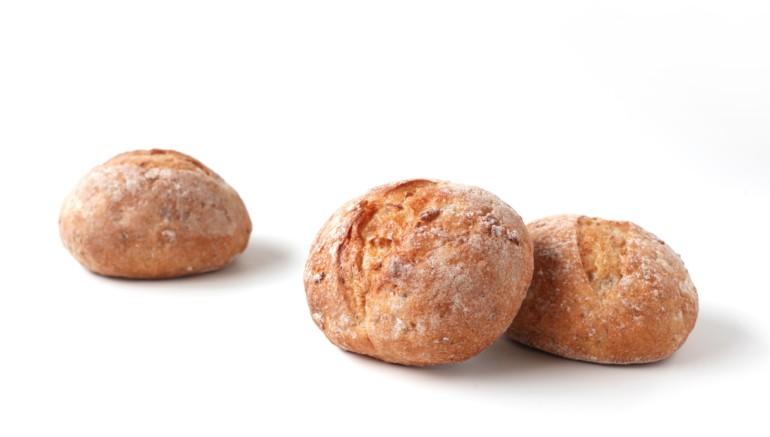
“It’s typically done for long endurance sports or events to increase energy (glycogen) stores in the muscles,” Sarig says. “I wouldn’t recommend it for baseball players, who play nearly every day and in short duration bouts with breaks in between innings. It’s more appropriate for someone preparing to run a marathon or compete in a triathlon.” Even in that scenario, increasing carbohydrate intake only slightly a few days out from an event can sufficiently increase glycogen stores and reduce risk of digestive issues that could occur from overloading on carbohydrates in one sitting, she stresses.
Eat a healthy pre-workout snack or meal.
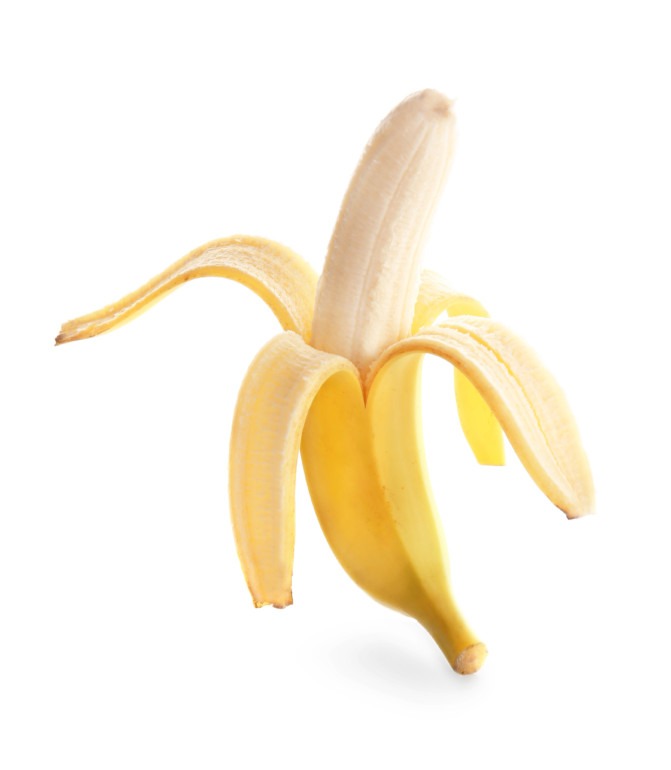
“Have a small amount of lean protein, a quick-absorbing carbohydrate source and a hydrating component,” Sarig says. For the Giants players, that could be a “power bowl” with white rice and chicken and an electrolyte drink; for an avid gym-goer, Sarig recommends hard-boiled eggs, a banana, and a sports drink or water.
Refuel post-workout.
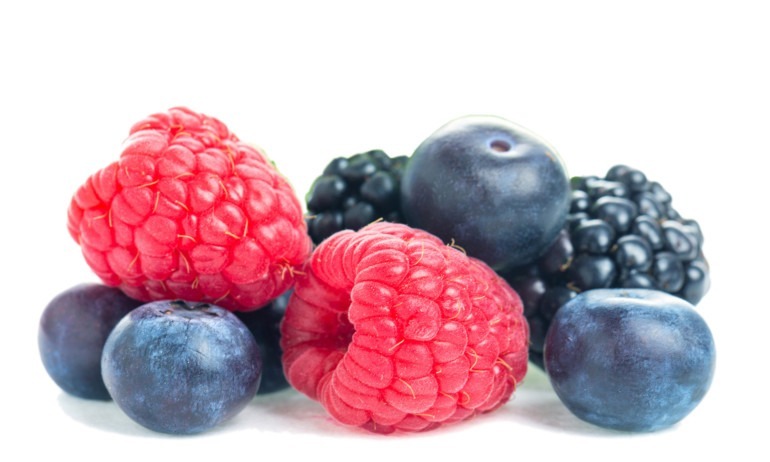
After an intense workout, Sarig recommends eating a snack or meal similar to pre-workout, potentially opting for larger portions.
“It couldn’t hurt to enhance recovery by adding food or beverages that are high in antioxidants too, like mixed berries or tart cherry juice,” she says.
For even more nutrition tips, check out Sarig’s feed on instagram @leron_sportsrd.
More from Marin:
- Dating and Fitness: How Tackling Pandemic Weight Gain Can Improve Your Love Life in Unexpected Ways
- Best of the County and Beyond 2021: Health and Fitness
- This Running Method Will Help You Train for Any Race from 5K to Marathon — and Avoid Injury
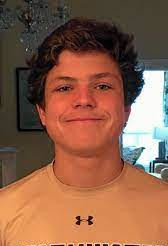 Ian Larned is an intern at Marin Magazine. Born and raised in San Francisco, he attended Marin Academy in San Rafael and is currently a rising Junior at Colorado College majoring in Economics, Business and Society with a minor in Journalism. He enjoys playing sports or doing anything outdoors.
Ian Larned is an intern at Marin Magazine. Born and raised in San Francisco, he attended Marin Academy in San Rafael and is currently a rising Junior at Colorado College majoring in Economics, Business and Society with a minor in Journalism. He enjoys playing sports or doing anything outdoors.

